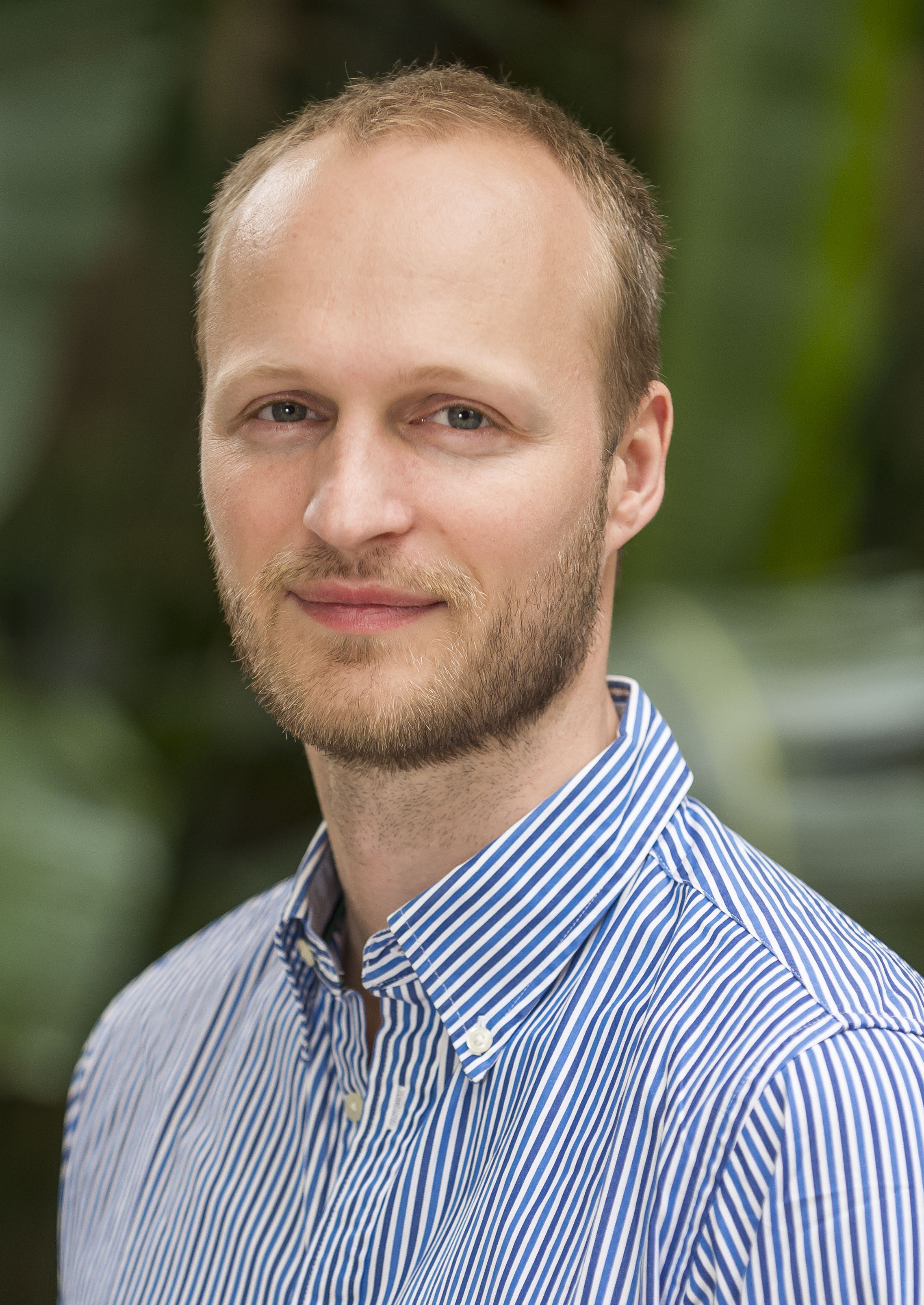The Heidelberg Laureate Forum is an annual meeting bringing together winners of the most prestigious scientific awards in Mathematics (Abel Prize, Fields Medal and Nevanlinna Prize) and Computer Science (ACM Turing Award) with a select group of highly talented young researchers. Roughly 200 young scientists from all over the world get the unique opportunity to interact with their scholarly role models during lectures, panels and discussions. At the same time, the up and coming scientists can engage in inspiring and motivating conversations with the laureates during various social events. The Heidelberg Laureate Forum provides a platform for scientific dialogue across generations.
Each year AMSI and AustMS provide funding for young Australian researchers to attend.
Philipp Bader
Department of Mathematics and Statistics, La Trobe University
Where are you in your career? Postdoc
Why do you want to attend the HLF? The Heidelberg Laureate Forum is a great opportunity to learn from and interact with great mathematical minds. It is very unique in the sense that it appears to generate a much more friendly and familiar environment in comparison with large scale conferences with similar high-impact participants, where actual contacts are usually confined to small parallel sessions and key speakers are only seen at plenary talks. I hope to create lasting contacts and meet international potential collaborators. Another key factor that caught my interest was the multidisciplinarity of the Forum. Even though many of the talks and interests of the participants will most likely be somewhat far from my area of expertise, I find that something can always be learned and could eventually prove to be useful by creating somewhat unexpected links when trying to solve a problem.
Tell us about your research. I work on the design and analysis of Geometric Integrators for differential equations, in particular for the Schrodinger equation. Over the last decades, it was discovered that numerical solvers that preserve qualitative features of the exact solution such as energy, symplecticity, angular momentum, etc. are superior to standard black-box methods in accuracy and computational cost. The study of geometric integrators thus also involves the study of the properties of the exact solution which will then lead to the development of algorithms that can mimic its geometric properties.
What are your favourite applications of your work? Lately, my interest has been directed towards the integration of optimal control problems and as a first test, we have applied geometric integrators to control the flight of a drone.
If you could meet any Fields Medalist or Abel Prize winner which would it be and why? I would like to meet the fields medallist Edward Witten since he is the only physicist that was ever awarded a fields medal and I would like to talk to him about inspiration from physics to solve mathematical problems.



